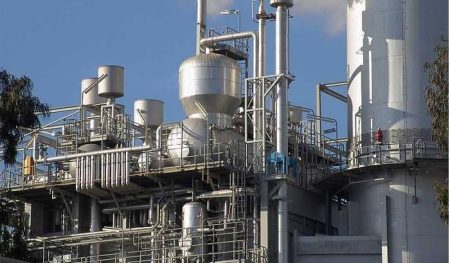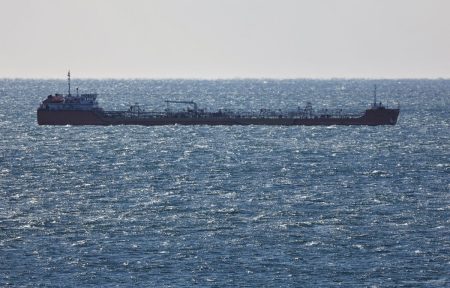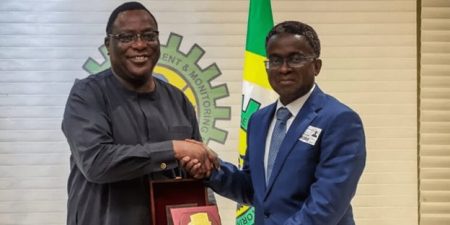 11 February 2014, Lagos – The Organisation of Petroleum Exporting Countries, OPEC, is not threatened by the U.S. shale oil production and the group can absorb higher output from its members, Iran, Libya and Iraq when supply outages are resolved, according to its Secretary-General Abdalla El-Badri.
11 February 2014, Lagos – The Organisation of Petroleum Exporting Countries, OPEC, is not threatened by the U.S. shale oil production and the group can absorb higher output from its members, Iran, Libya and Iraq when supply outages are resolved, according to its Secretary-General Abdalla El-Badri.
“I welcome the tight oil of the United States,” El-Badri said at a recent Chatham House Middle East and North Africa Energy conference in London, Bloomberg quoted El-Badri as saying.
He added: “Demand will grow and this will not affect OPEC in any way.”
The OPEC predicts its 12 members will need to provide an average 29.6 million barrels of crude a day this year, about in line with the group’s current output, according to a monthly report on Jan. 16. The organisation said it produced 29.44 million barrels a day in December, with output curbed by losses in Libya. OPEC is responsible for about 40 percent of world oil supplies.
Production from OPEC may rise this year if Libyan protests subside, sanctions against Iran are lifted and Iraq meets its goals to lift output.
“When they come, we will sit and accommodate them and OPEC will be as before” El-Badri said. “We have faced a lot of differences in the past and we were able to overcome them, and this we will overcome.”
Brent crude futures, trading at about $107 a barrel in London today, are forecast to slide this year as U.S. shale output surges and better relations between Iran and the West ease concern that Middle East exports will be cut. Brent will probably average $103 a barrel in 2014, according to the median of 45 analyst estimates compiled by Bloomberg.
El-Badri said the market is balanced and comfortable, with stockpiles at healthy levels. It is unlikely there will be any discussion of Iraq’s production level at OPEC meetings this year, El-Badri said. The country had been exempt from the individual member limits that the organisation had published until 2009, while it rebuilt its oil industry after decades of war and sanctions.
El-Badri’s extended term as secretary-general will finish at the end of the year. El-Badri, who was first appointed to the job in 2007, was given a second one-year extension in December after ministers failed to agree on a successor from candidates representing Iran, Iraq and Saudi Arabia.
OPEC’s 12 members are Algeria, Angola, Ecuador, Iran, Iraq, Kuwait, Libya, Nigeria, Qatar, Saudi Arabia, the United Arab Emirates and Venezuela.
– This Day



